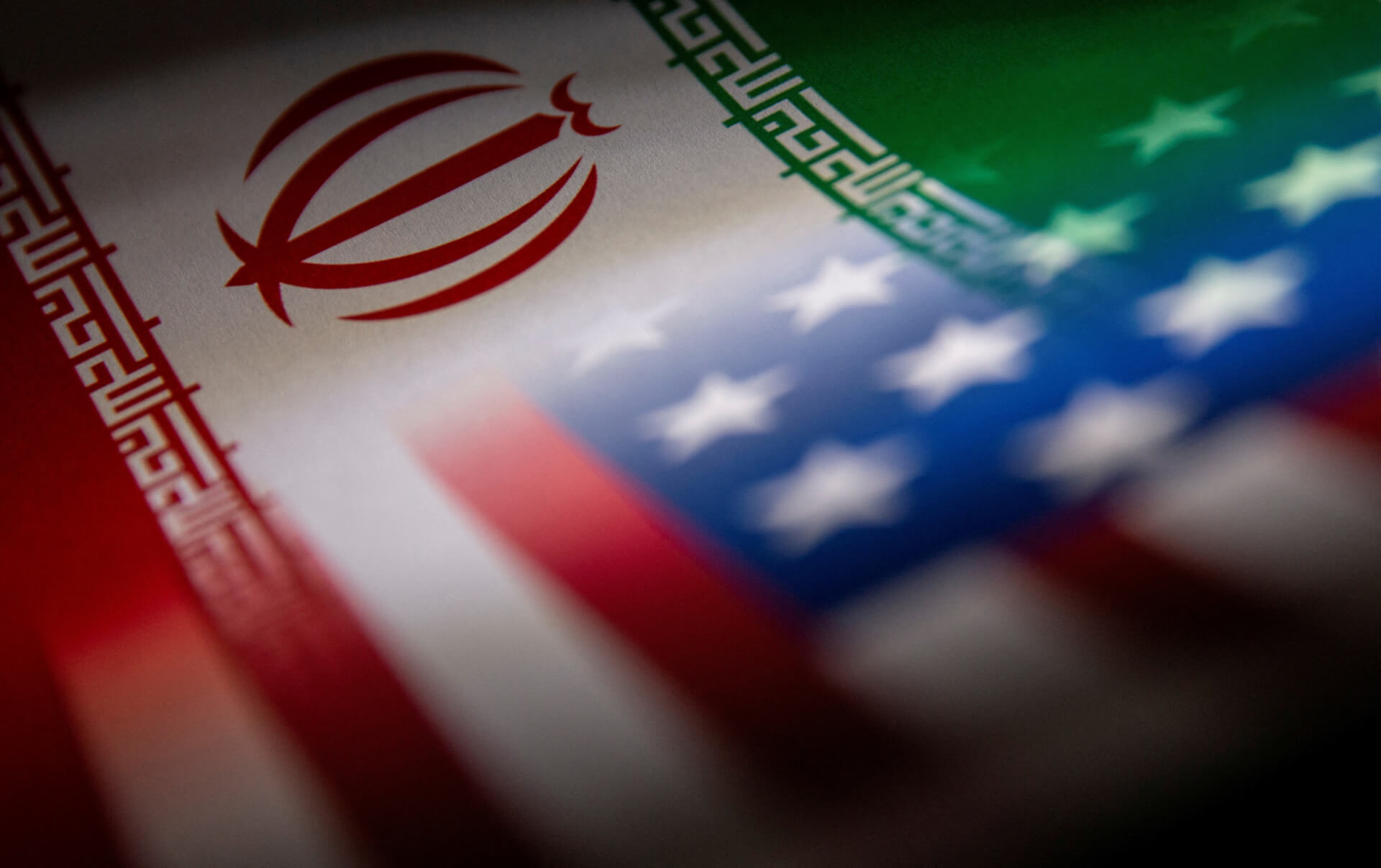The United States’ (US) Treasury Department on Thursday imposed sanctions on an oil smuggling network supporting Iran’s paramilitary Quds Force and Lebanon’s Hezbollah. The Treasury said the network facilitated oil trade and generated revenue for both groups, helping them circumvent existing sanctions.
“The network being designated today includes several key individuals and numerous front companies and vessels involved in blending oil to conceal the Iranian origins of the shipments and exporting it around the world,” the department said in a statement. It accused the individuals running “a web of shell companies and fraudulent tactics including document falsification to obfuscate the origins of Iranian oil, sell it on the international market, and evade sanctions.”
Treasury Under Secretary for Terrorism and Financial Intelligence Brian E. Nelson said Hezbollah and the Quds Force have been generating revenue by selling oil via intermediaries. He claimed that Hezbollah and the Quds Force use this money to “enable their terrorist activities around the world.”
The statement noted that the smuggling organisation involves a “complex network of facilitators, front companies, and vessels,” which provides “support to terrorists or acts of terrorism.” It noted that four individuals—Viktor Artemov, Edman Nafrieh, Rouzbeh Zahedi, and Mohammed El Zein—have leveraged “dozens of companies under their control to conduct the network’s illicit activities.”
“The network used storage units in the Port of Sharjah in the United Arab Emirates, and blended products of Indian origin with Iranian oil to obfuscate the Iranian origin,” the Treasury said, adding, “The companies then modified or created counterfeit certificates of origin and quality for the blended oil, which was then transferred for sale abroad.”
The department revealed that all four individuals work closely with the Quds Force and Hezbollah, noting that Artemov in particular has been “critical” in sustaining the smuggling network. “Artemov oversees a vast, complex, and interwoven global network of front companies that are used to facilitate oil shipments on behalf of the oil smuggling network,” it stated.
.@SecBlinken says the sanctioned network has facilitated the sale of hundreds of millions of dollars’ worth of oil for Hezbollah and the IRGC's Qods Force. pic.twitter.com/q3EiE2mOCt
— Elizabeth Hagedorn (@ElizHagedorn) November 3, 2022
Artemov used his companies to buy oil tankers that were used to transport blended Iranian and have even been in contact with Hezbollah members. The Treasury also designated five other shipping and export companies for helping Iran smuggle oil.
In May, the US imposed sanctions on another oil smuggling network led by two Quds Force officials and supported by senior Russian military and civilian officials. The Treasury has also previously sanctioned several Iranian, Indian, and Chinese companies for helping Iran evade sanctions.
After ex-US President Donald Trump withdrew from the Iranian nuclear deal in 2018, Washington imposed heavy sanctions on Iran, including its oil trade and the IRGC. However, since coming to power, President Joe Biden has unsuccessfully sought to reverse Trump’s decision.
Iranian officials have held intense negotiations to restore the nuclear deal with their counterparts from Britain, France, Germany, Russia, and China in Vienna since April 2021. However, the talks have yet to materialise over serious differences. For instance, while the West has insisted that Iran allow the International Atomic Energy Agency (IAEA) to investigate unidentified traces of uranium found at several nuclear facilities, Tehran has said that it would only agree to a deal if the IAEA drops the probe.
Meanwhile, in its most recent report released in September, the IAEA said that Tehran had enriched enough near-weapons-grade uranium to produce a nuclear bomb in weeks. The report said Iran has a large stockpile of 60% enriched uranium to produce the minimum weapons-grade level of 25 kilograms of 90% enriched uranium.
Against this backdrop, the West has threatened additional sanctions on Iran. Ties have been further strained following Tehran’s crackdown on anti-regime protesters and its supply of weapons to Russia.

